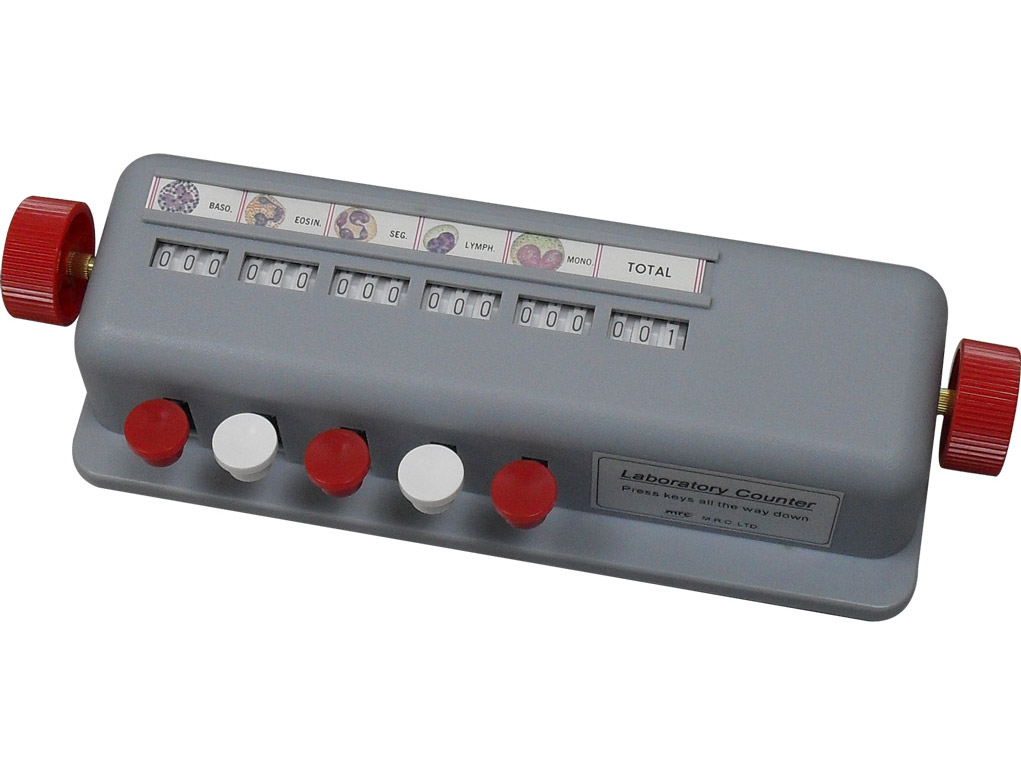A cell counter is a simple tool that counts how many cells are in a human body.
It calculates that number and provides metric and imperial unit results. The
numbers that the cell counter calculates do not account for a person's height
or weight, only the number of cells in their body. One body cell is around 10
micrometers (the same size as bacteria), and an average human body contains
around 100 trillion cells. The total number of cells in the human body is
sometimes referred to as "cells alive," This calculation makes it
easy to determine how many of those cells are in a particular person's body.
Its Importance
The number of cells is an important indicator to measure the health of our
bodies. The number of cells that make up our bodies determines how the tissues
and organs function and how long we can live. This information is critical for
calculating our life expectancy and understanding what we are at risk for.
Because the number of cells in our body changes throughout time, even during a
single day, people gain more knowledge about their health.
In addition to determining the number of cells, the number of salts found in
our bodies is also essential. When a cell divides, it needs more water and
nutrients. These chemicals are called salts because they contain sodium and
chloride ions. The quantity of these salts can help determine a person's
general health.
The process by which the cell counter calculates the total number of cells is
elementary: a person puts their finger on a sensor and their body automatically
counts how many cells are touching it. The cell counter then calculates the
total number of cells in the body, and the results can be shown on a screen or
sent to an electronic device.
Calculation Method
Each cell has a specific shape and size, which can help us know what parts of
our bodies they are in. The total number of different cells (not including
bacteria) within a person's body can be calculated with that information.
First, we need to know how many different kinds of cells are in the body.
The cell counter can give us the total number of cells in our bodies, but it
does not consider the height and weight. To determine this number, the cell
counter only counts one cell at a time. Another practical application is to
count the number of salts in our bodies and compare them to other quantities of
salts.

אין תגובות:
הוסף רשומת תגובה